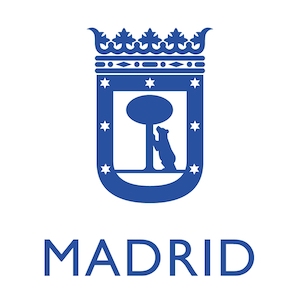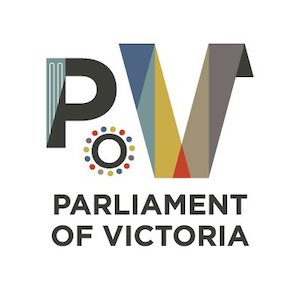Across Europe, there is an absence of everyday people contributing substantively to the decisions that shape the cities they live in, both now and into the future. Democracies are struggling to include everyday people in making trusted public decisions.
The City of Madrid has embarked on a path of major democratic innovation to solve this problem. Implementing the Decide Madrid electronic platform was one big step forward. A bottom-up, citizen-led initiative, it provides an open online platform for the generation and consideration of proposals generated by citizens. This process drew in everyday people but it struggled to make their contributions substantive enough to work as hoped, and to bring their contributions to a public referendum when they were substantive enough.
Without a visible and central role for ‘people like me’ shaping their communities, it is impossible to accrue trust in decision making processes. Without trust – and without depth and time – city wide conversations could become systems of complaint and campaigning, fundamentally undermining anyone’s ability to act with certainty or longevity. Campaigning takes money, so citizen and community processes are often just a veneer with large organisations behind them. It is important to ensure that Decide Madrid does not go down this path – as has happened to most ‘citizen initiated’ referendum platforms notably in the US.
Deliberative processes that include everyday people in making difficult trade-off decisions for their communities empower decision makers to resolve problems, take longer-term decisions and ultimately restore trust. Where measuring public opinion may result (for example) in people wanting remunicipalisation of water and sanitation services, with a deliberative process they will understand the economics and logistics required to support that decision and then be able to make a considered public judgment informed by knowledge of the benefits and costs of different alternatives . With this feedback being driven by people clearly outside the system with no direct interest, the wider community has a greater likelihood of trusting what emerges, whichever direction it takes.
For many, the preferred strategy for involving people more directly in decision making has been to widen the availability of direct participation through popular petitioning and surveying. While these processes increase the exposure of everyday people to decisions, they also raise significant problems in making these decisions.
newDemocracy has collaborated with ParticipaLab and The City of Madrid to design and deliver a citizen-initiated referendum process, taking areas of public opinion concern first proposed on Decide Madrid but then applying a public judgment mechanism of having a jury of citizens agreeing which proposals are worth sending to a citywide referendum after checking the facts and considering competing sources of information. Proposals are first explored and refined by a 57-person council of randomly-selected people of many different occupations and backgrounds who then ultimately make a group decision to proceed to referendum. As the voter opens their ballot, they are informed by a report of a single page of pros and cons for each proposal, written by the citizens of the Council as a trustworthy source to help them ultimately make their own considered decision.
Resources
newDemocracy as produced two pieces of advice on this project, a project design and an operational design. An updated operational design, that is consistent with the legislation and project commenced by the City of Madrid will be included here once all details are finalised.
- newDemocracy’s Advice on Project Design – English
- newDemocracy’s Advice on Project Design – Spanish
- newDemocracy’s Advice on Operational Design – English
- newDemocracy’s Advice on Operational Design – Spanish


